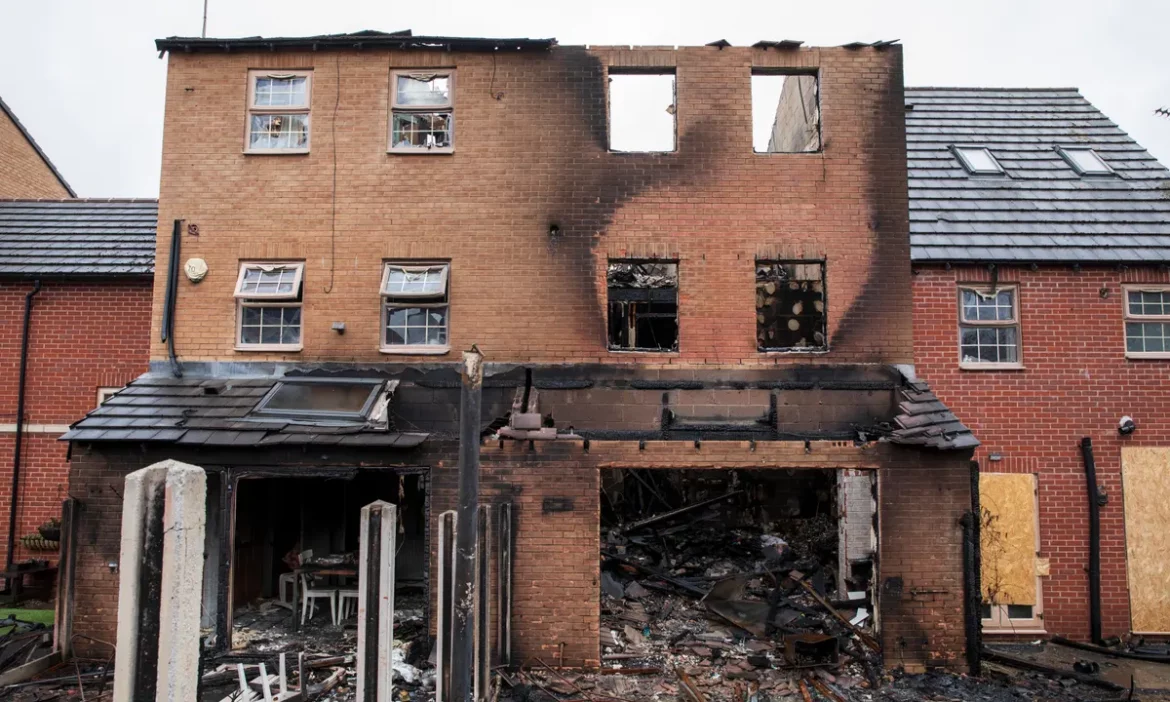Meteorologists in the UK have warned that even cool periods in the UK are now warmer than they used to be. This is as an assessment of last year’s weather showed average temperatures higher across the country, in sync with rising heat across the globe.
This year’s extremes follow a relatively moderate year in 2021 when winter and spring were “near-normal” in temperature compared with the long-term average, but summer and autumn showed a clear global heating trend, warmer by 1.5C and 1.8C respectively than the benchmark average of 1961-1990.
Although Britain’s record-breaking heatwave subsided into scattered showers and cooler temperatures across much of the country last week when the mercury topped 40C for the first time on record, forecasters have warned that smaller heatwaves could return in the next month.
The experts said that heatwaves around the world this year are showing clear evidence of the climate crisis and that there were unprecedented heatwaves at both of the earth’s poles at once in March, followed by heatwaves in South Asia, China, Europe and North America. Wildfires are also raging in many regions, including North America and parts of Europe.
Read also: EU to cut gas demand to reduce ‘disruptions’ by Russia
They further explained that drought is also a formidable challenge for the UK, with water levels in many rivers and catchment areas at dangerous lows in recent days.
According to the experts, this poses a serious threat to wildlife, particularly as many UK river systems are already badly afflicted by pollution, much of it from intensive farming.
Recall that government officials had held a drought summit on Tuesday to prepare, as forecasters warned of the driest conditions seen since 1976 when a long hot dry spell led to drastic measures to conserve water.
While no drastic measures were agreed upon during the meeting, hosepipe bans are under consideration. Farmers may have to restrict irrigation in some areas and water companies are bracing for high demand and low rainfall.
In his reaction, Professor of hydrology and water resources at Imperial College London, Wouter Buytaert, said: “We experience drought in the UK when the water stored in our rivers, reservoirs, and groundwater runs exceptionally low. The south-east of the UK is particularly vulnerable, not only because it receives the least rainfall, but it also has the highest demand.”
According to him, people could make a big difference to the availability of water by reducing their use, but in the longer term, the government must act.
Story was adapted from the Guardian.
